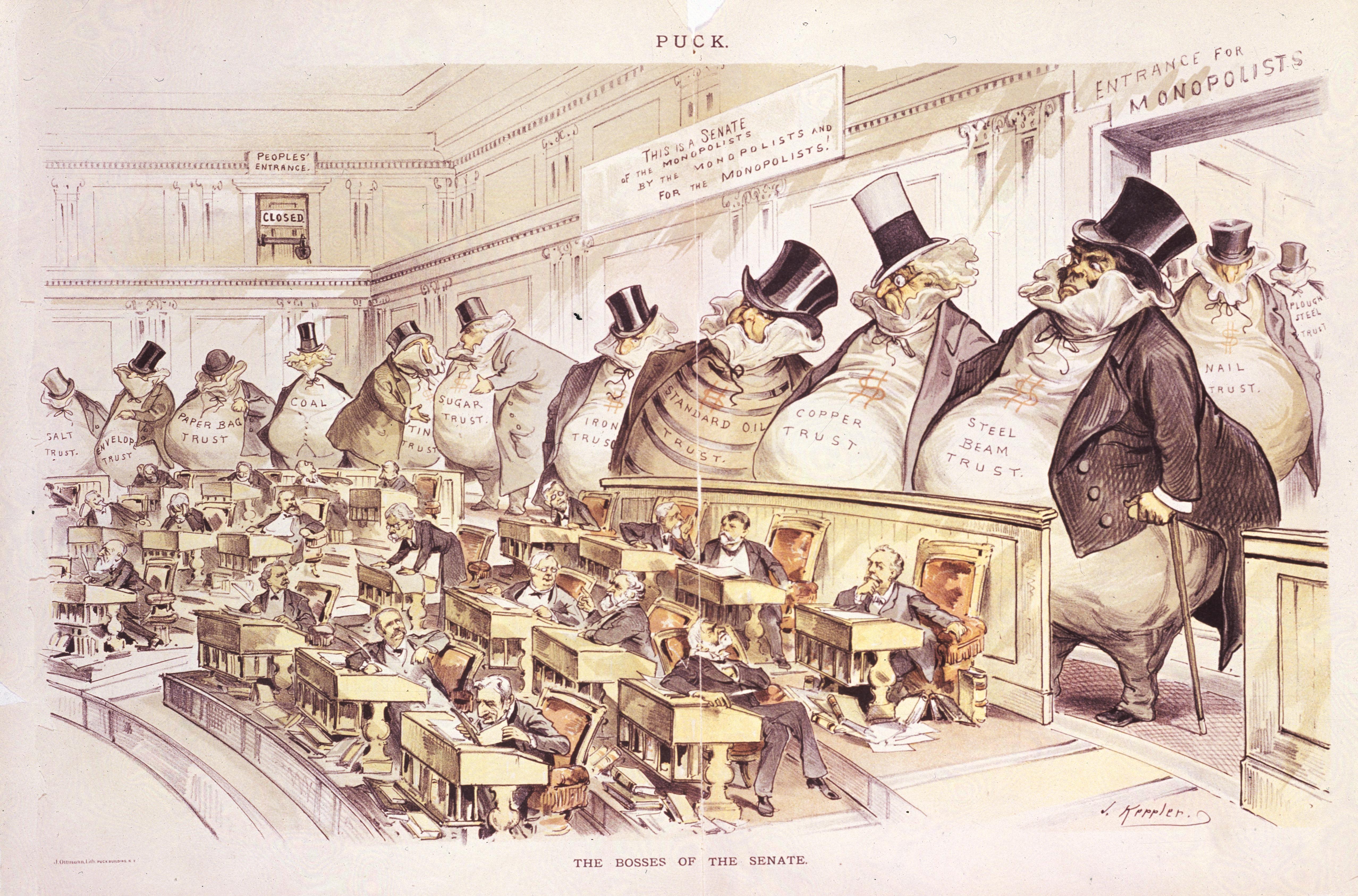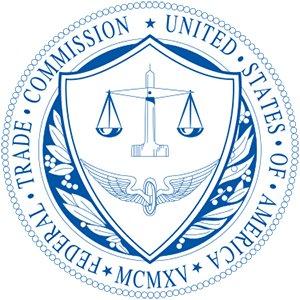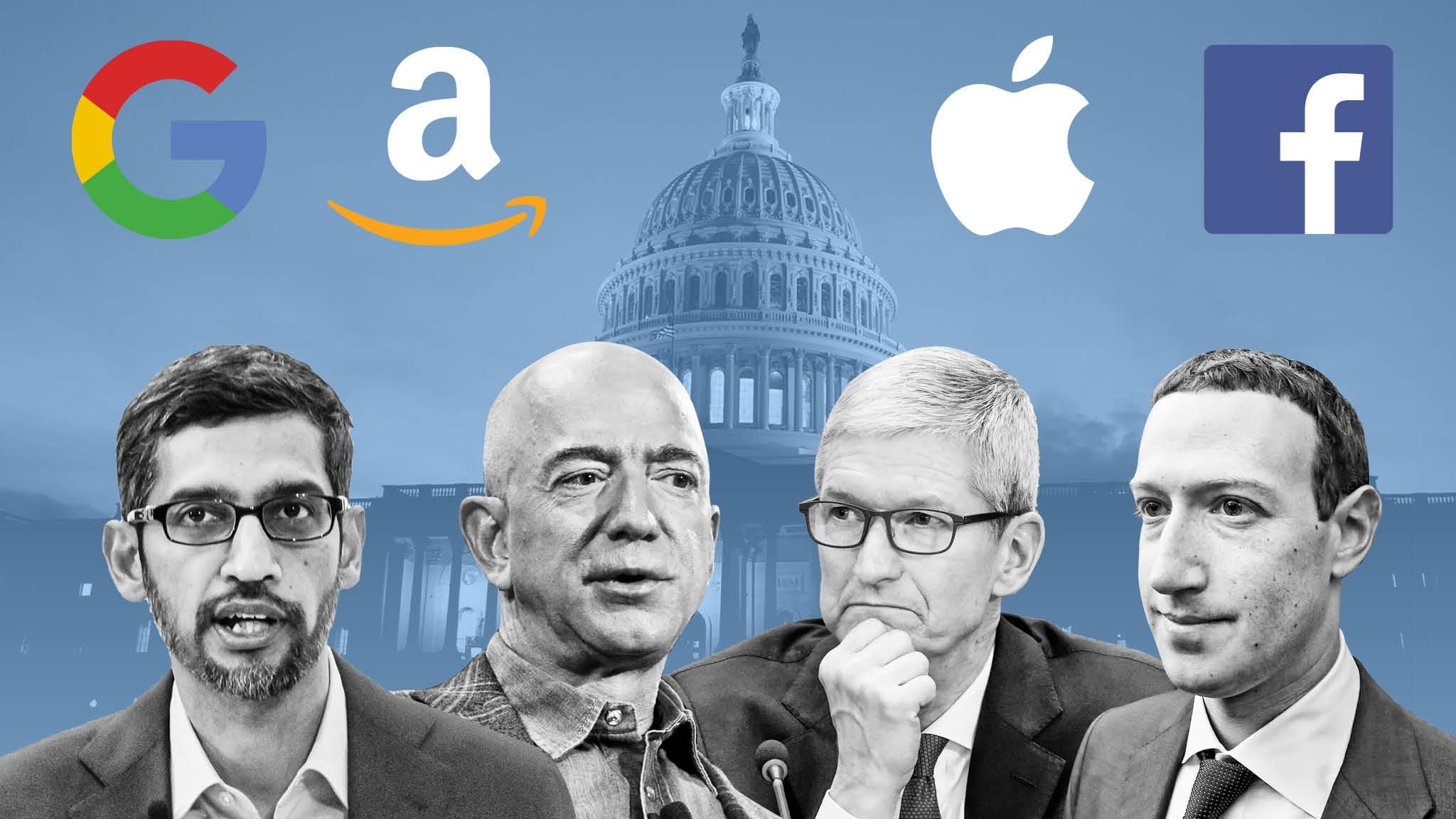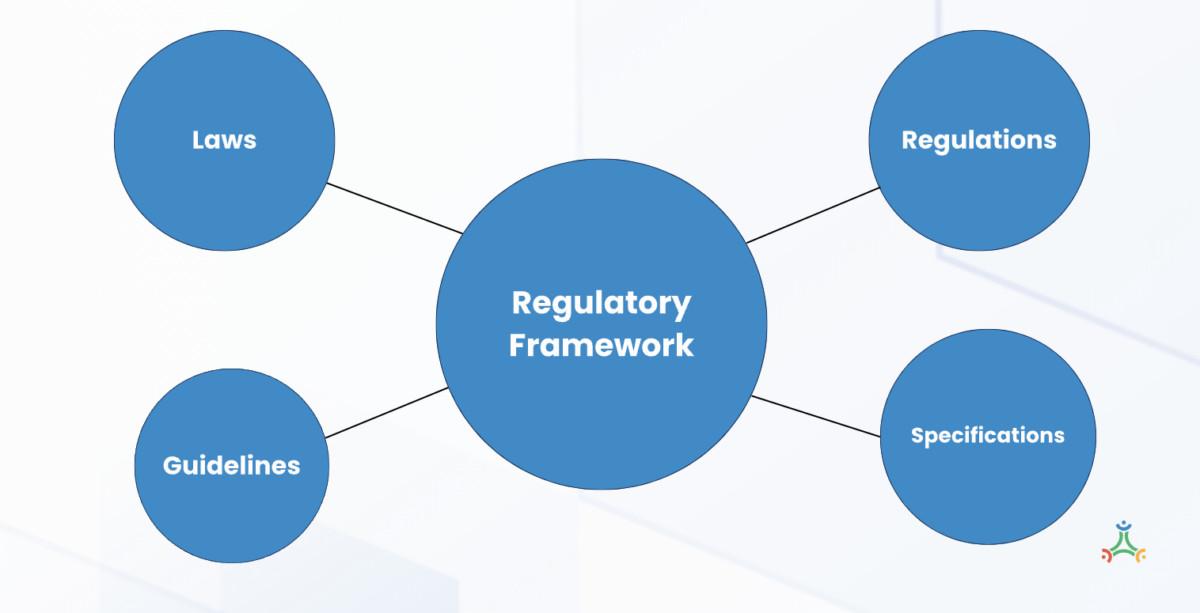



In a dramatic turn of events that could reshape the contours of the tech landscape, the Federal Trade Commission (FTC) is set to square off against Meta in a high-stakes legal battle that begins today. The showdown marks a pivotal moment in the ongoing struggle between regulatory authorities and tech giants, as concerns over monopolistic practices and consumer protection come to the forefront. As the courtroom fills with legal experts and industry insiders, the implications of this case echo far beyond the walls of the judiciary, with potential ramifications for innovation, competition, and the very fabric of digital interaction.With both sides prepared to present their arguments, the unfolding drama promises to captivate observers and set the stage for a landmark decision in the realm of antitrust law.
The long-anticipated legal battle between the Federal Trade Commission (FTC) and meta marks a pivotal moment in the ongoing discourse surrounding antitrust enforcement in the tech industry.As the lines blur between user privacy, market dominance, and innovation, stakeholders are keenly watching how this case unfolds. Central to the dispute are allegations that Meta’s acquisitions and business practices stifle competition,thus harming both consumers and potential competitors. The implications of this case extend far beyond Facebook and Instagram; thay resonate with app developers,advertisers,and users who rely on an open digital marketplace.
Several key factors will be examined during the proceedings, including:
The outcome could redefine the parameters of competition law as it applies to technology, prompting regulators to take a more assertive stance in scrutinizing not just Meta but the overall digital economy. As this landmark trial unfolds, the stakes could result in a cascading effect that shapes the future of tech regulation worldwide.

The Federal Trade Commission (FTC) has put forth a series of compelling arguments to justify its decision to challenge Meta, primarily focusing on concerns related to market monopolization and anti-competitive practices. The Commission alleges that Meta’s acquisitions of rival firms, particularly within the social media and virtual reality sectors, have stifled competition, leading to reduced innovation and choices for consumers. The FTC contends that such consolidation effects not onyl harm small startups but also reinforce Meta’s dominant position in the market, effectively creating a feedback loop that further limits competition. By highlighting instances where previous acquisitions have led to reduced services or increased costs,the FTC draws attention to the long-term consequences of allowing Meta’s unchecked growth.
Moreover, the FTC emphasizes the importance of maintaining a diverse marketplace as a fundamental principle of fair competition. They argue that Meta’s extensive data collection practices and vast user base create barriers for new entrants attempting to break into the market. To illustrate this,a simplified comparison of market dynamics before and after key acquisitions can be summarized in the table below:
| dynamics | Before Acquisition | After Acquisition |
|---|---|---|
| competition Level | High | Low |
| user Choice | Diverse Platforms | Standardized Features |
| innovation Rate | Frequent Disruptions | Stagnant Growth |
This analysis sheds light on how the FTC’s challenge may lead to the preservation of competitive integrity within the tech landscape,supporting a healthier ecosystem for both consumers and innovators alike.

The ongoing antitrust battle between the Federal Trade Commission (FTC) and Meta marks a significant turning point in how regulators approach competition within the tech industry. As the FTC argues against Meta’s acquisitions and market practices, this case highlights the necessity for robust oversight to maintain a fair marketplace. Industry experts are closely watching how this clash could reshape the regulatory landscape, as it emphasizes that big tech companies must operate with a greater sense of responsibility towards both their competitors and consumers. Key implications include:
As the case unfolds, it raises questions not just for Meta but also for the entire tech sector, as smaller companies may find new opportunities to compete in an surroundings that prioritizes fair play. For consumers,this could translate into increased access to diverse services and enhanced protection for user data and privacy rights.A focused look at the repercussions reveals a growing awareness of ethical practices in technology, as seen in the recent shifts in corporate governance. The table below summarizes potential outcomes based on differing verdict scenarios:
| Verdict Scenario | Potential Impact on tech | Consumer Outcomes |
|---|---|---|
| FTC Wins | Limitations on mergers; increased scrutiny | More choices, better data privacy |
| Meta Wins | Strengthening of big tech positions | Possible reduction in consumer options |

as the dust settles from high-profile antitrust trials, staying alert and informed is crucial for companies navigating a shifting regulatory landscape. To remain compliant and avoid penalties, organizations should adopt a proactive approach that includes a extensive understanding of the ongoing developments. Key strategies to consider are:
Moreover, adopting a clear operational ethos can substantially mitigate risks. Companies should emphasize the importance of accountability and ethical decision-making while implementing robust compliance programs. Relevant tactics include:
| Best Practices | Description |
|---|---|
| Communication | Maintain open and transparent communication with stakeholders about antitrust measures. |
| Assessment Tools | Utilize tools to evaluate compliance with antitrust regulations continuously. |
| Feedback Mechanisms | Implement channels for feedback to ensure the effectiveness of compliance strategies. |
As the gavel prepares to strike and the courtroom doors swing open,the antitrust showdown between the Federal trade Commission and Meta sets the stage for a pivotal moment in the ongoing discourse surrounding Big Tech’s influence. The stakes are high, not just for the companies involved, but for consumers and the broader landscape of digital interaction. With arguments poised to tackle issues of monopolistic practices, market power, and consumer choice, today’s proceedings promise to offer insight into the evolving relationship between regulatory bodies and the tech giants that shape our world. As we witness this legal drama unfold, it becomes clear that the implications of this case will echo far beyond the walls of the courtroom, potentially redefining the contours of competition and innovation in the digital age.Stay tuned as we follow this landmark confrontation, one that could well serve as a harbinger for the future of antitrust in a rapidly changing marketplace.